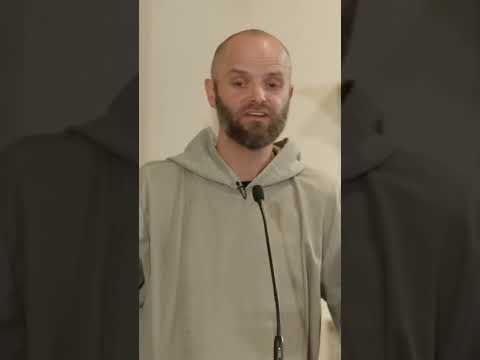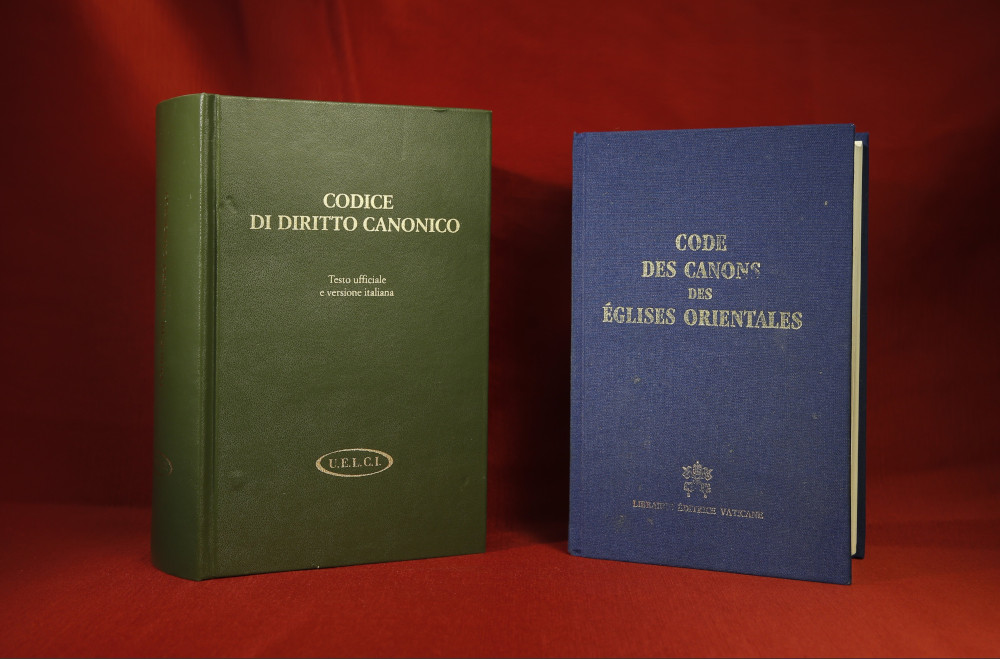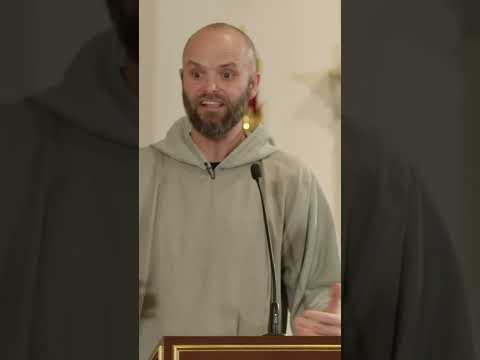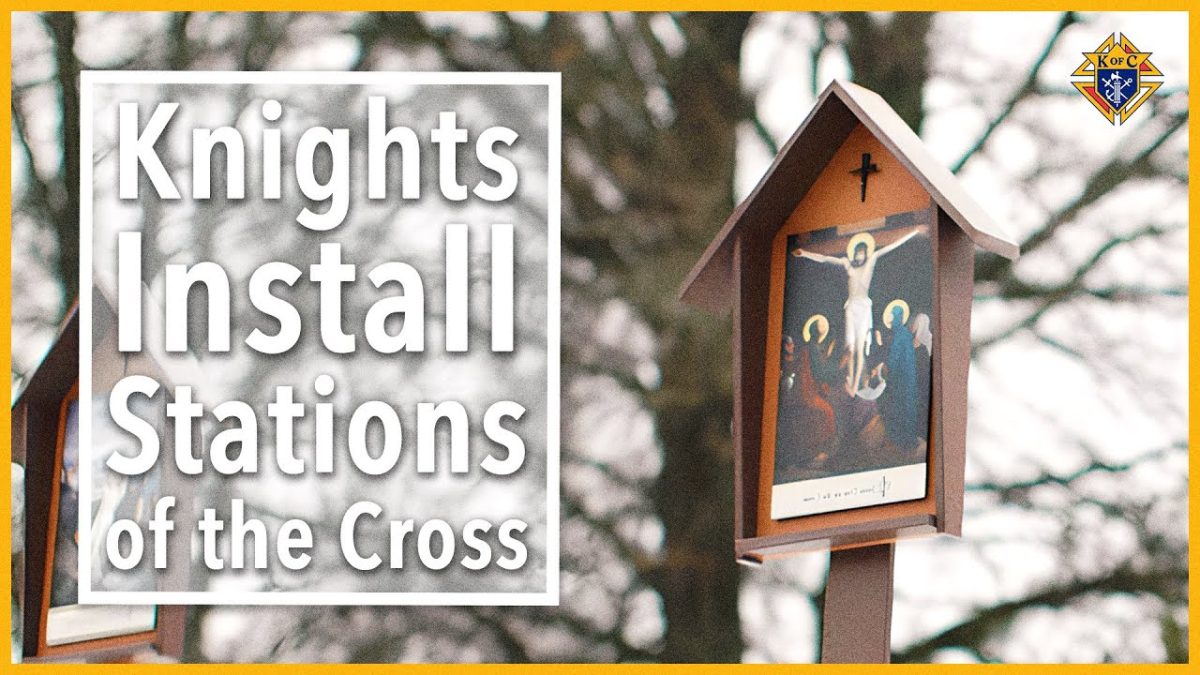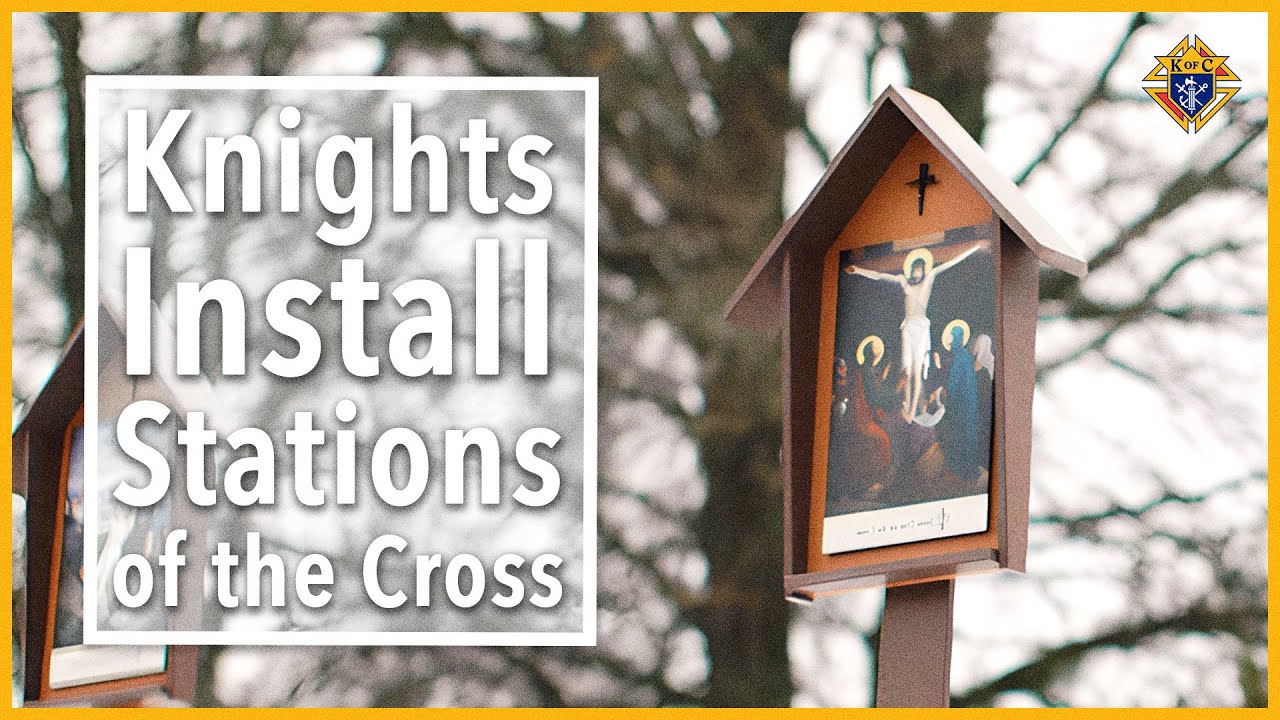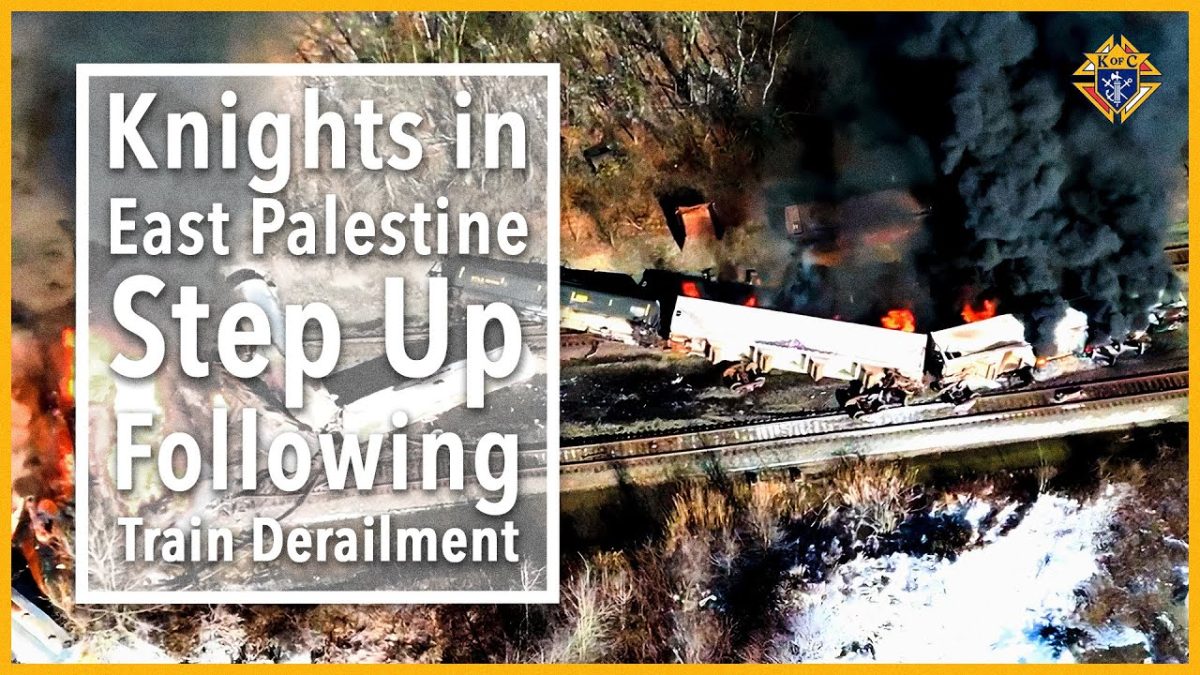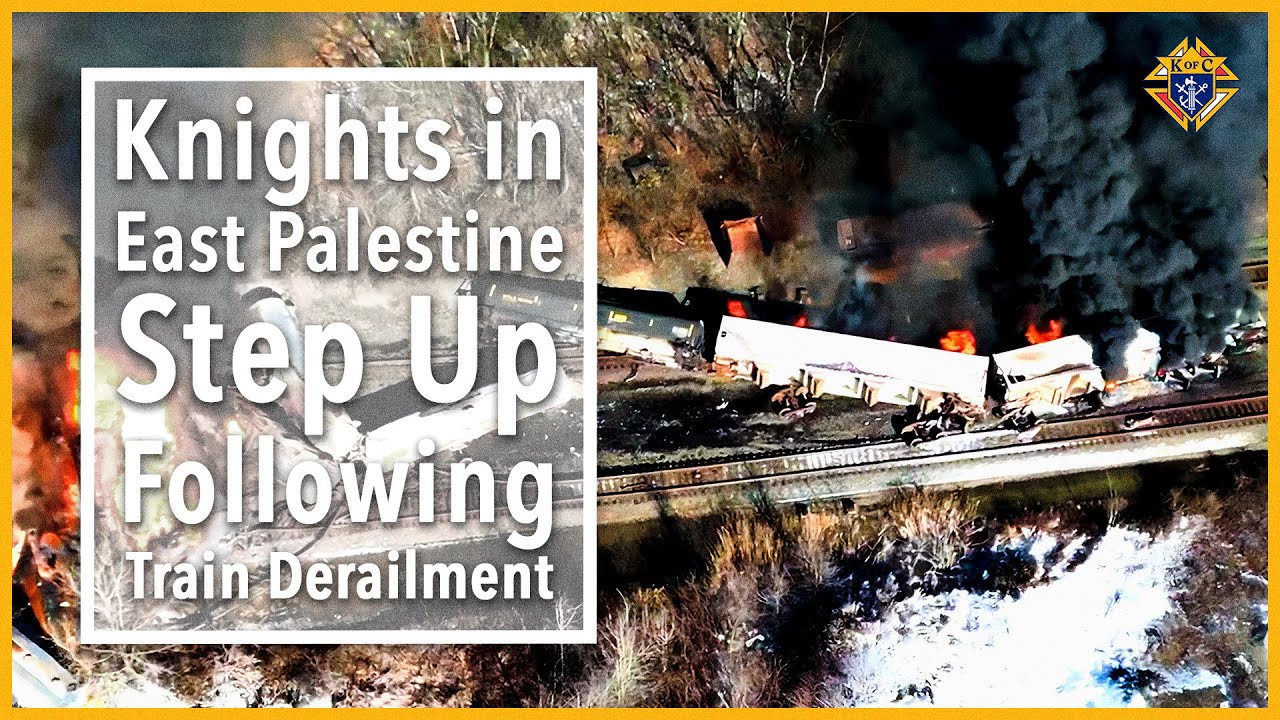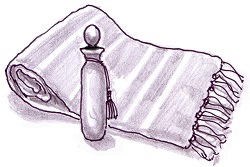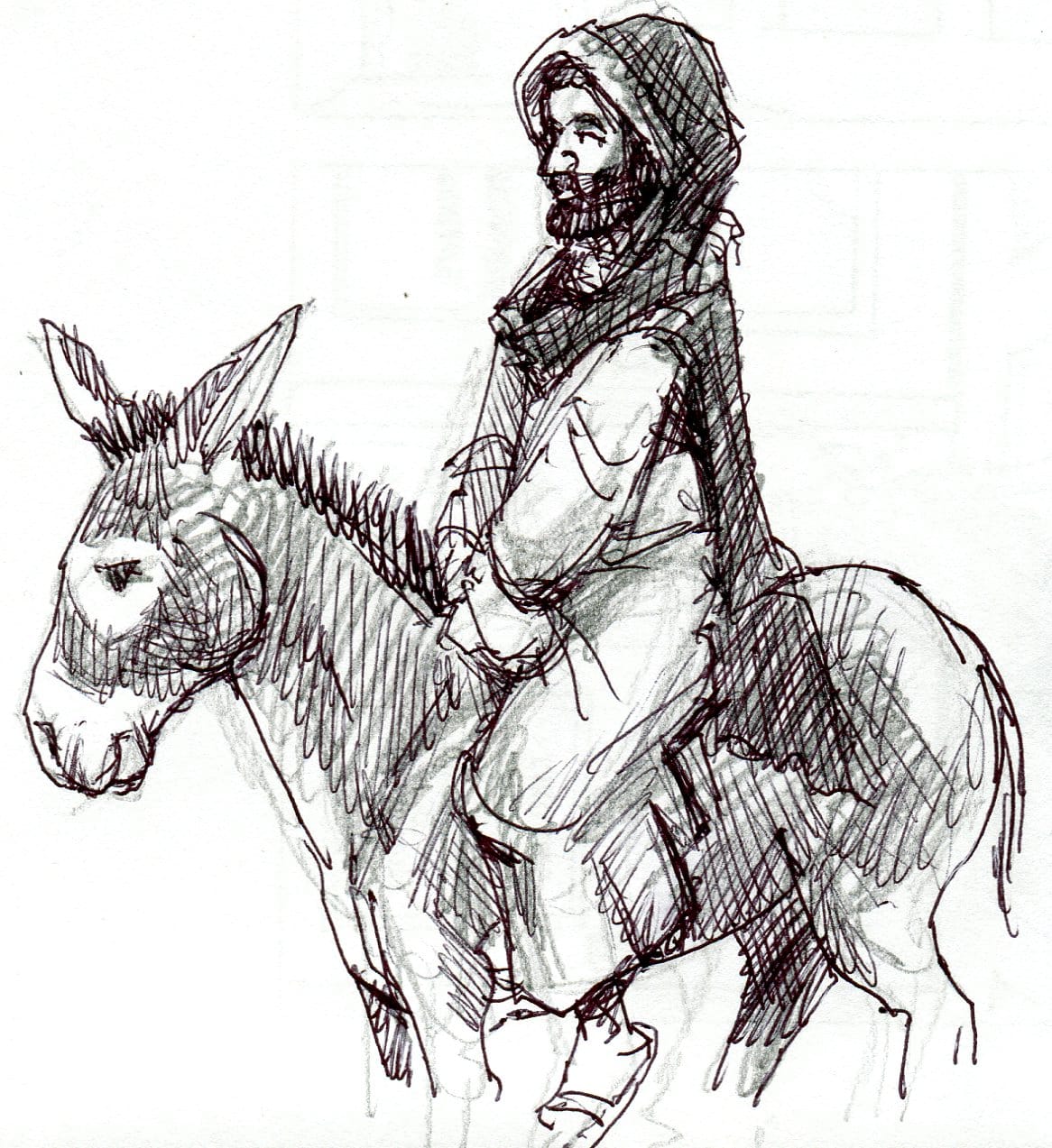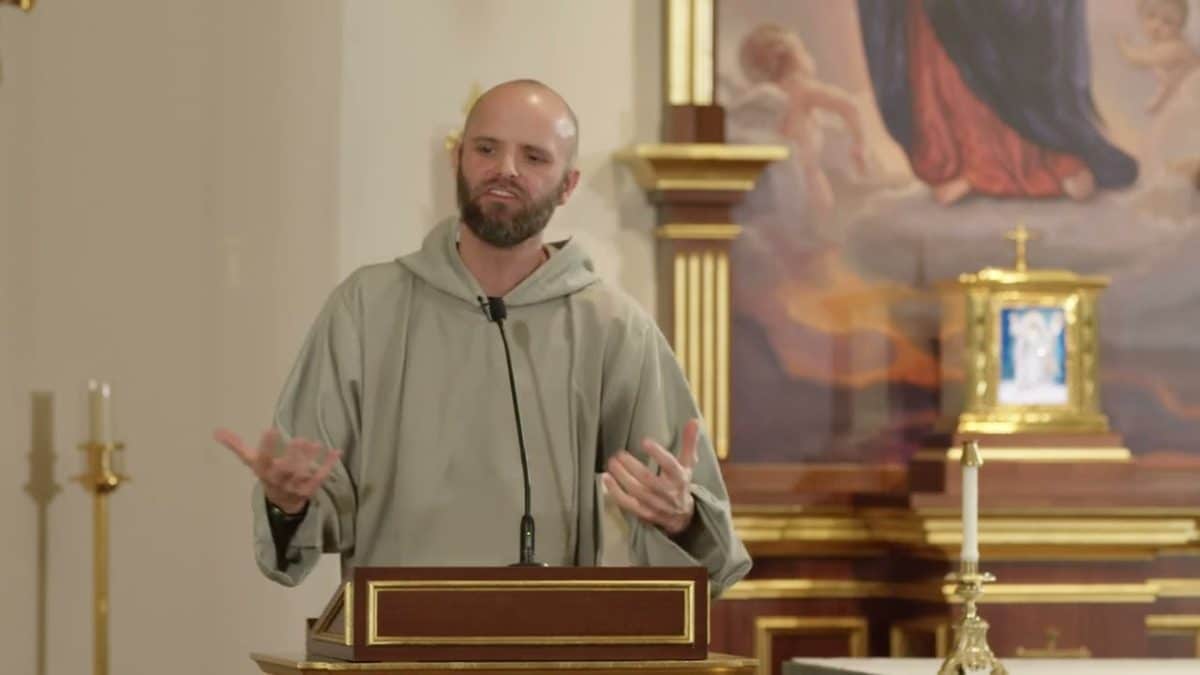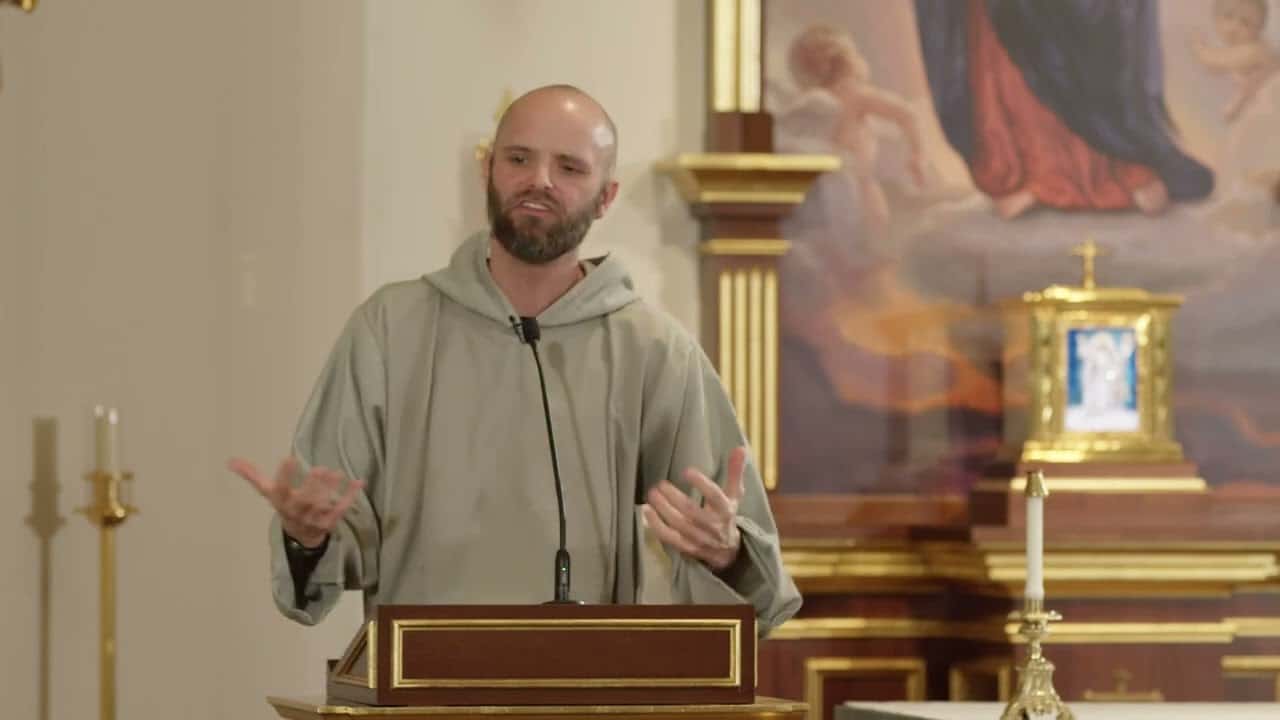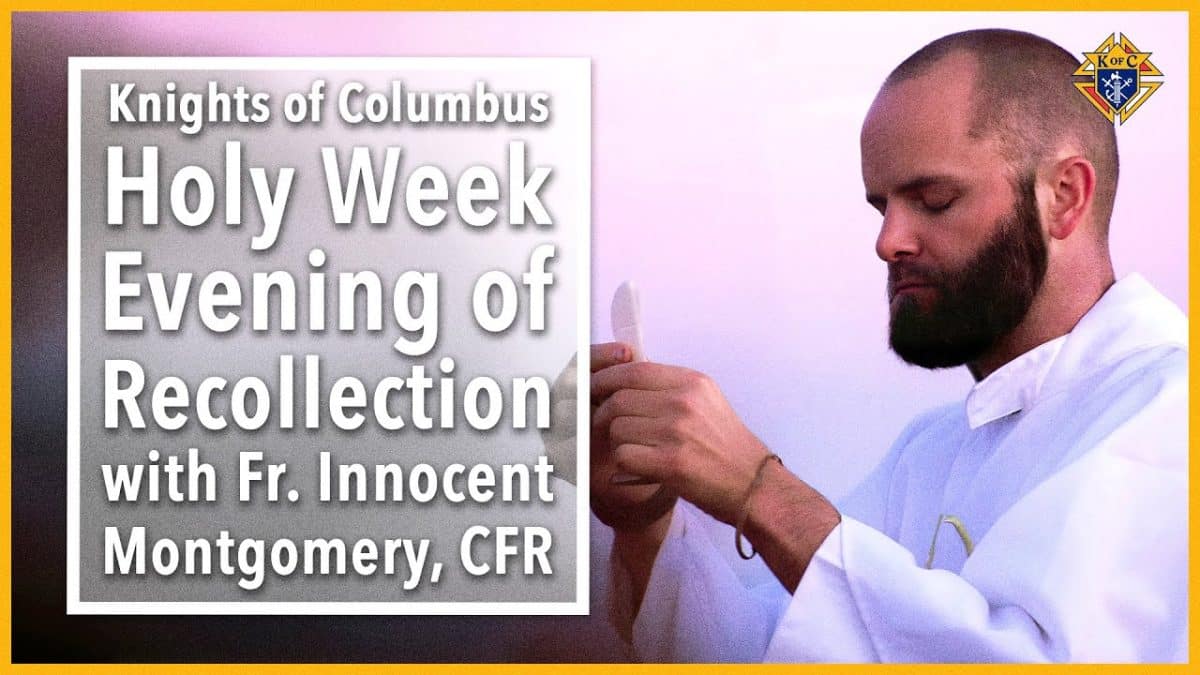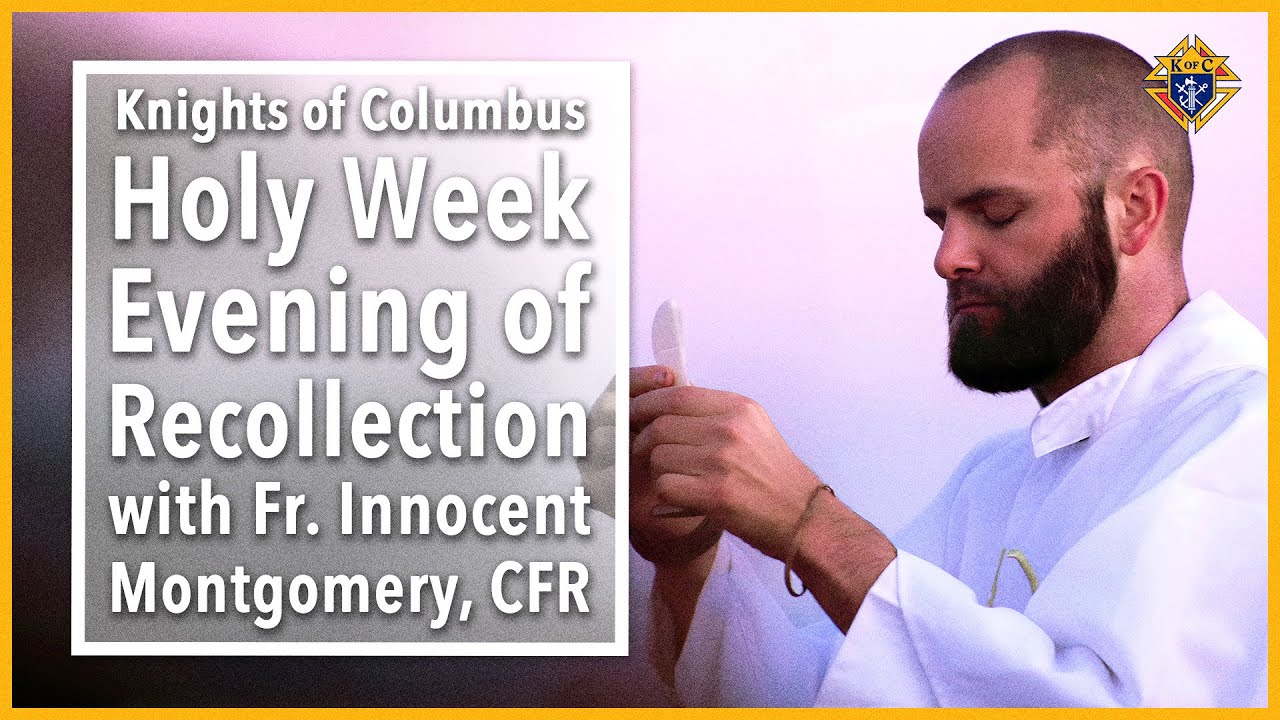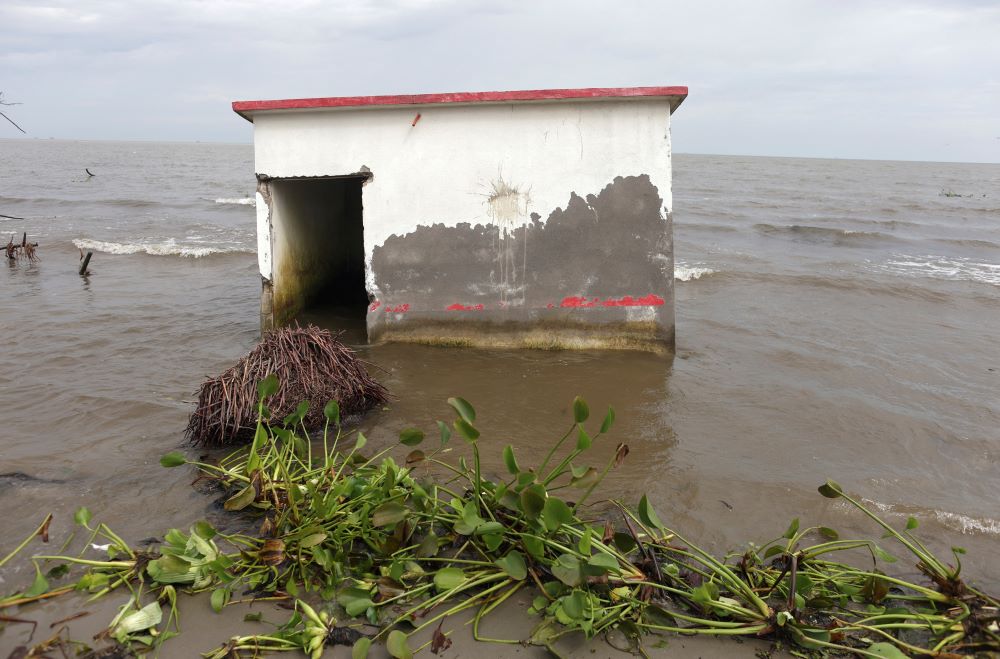
Various Catholic groups praised a United Nations’ resolution that calls on the International Court of Justice to outline countries’ obligations for protecting the earth’s climate, and the legal consequences they face if they don’t carry these out.
The resolution was pushed by Pacific Islander youth and by the small island nation of Vanuatu, whose future is threatened by rising sea levels and cyclones. The U.N. General Assembly adopted the resolution by consensus March 29.
The Laudato Si’ Movement, an international network of Catholic groups working to protect the environment in line with Pope Francis’ 2015 encyclical on the need to care for the earth, welcomed the resolution « given that it takes concrete and safe steps on the way out of the current impasse in terms of science-backed climate change mitigation. »
The movement’s Carmelite Fr. Eduardo Agosta Scarel told OSV News the resolution « is asking the international court to issue an informed opinion on the legality or otherwise of the current failure of States to comply with the existing normative framework to care for the earth’s climate, and to highlight inconsistencies, noncompliance and loopholes. »
ICJ opinions are nonbinding but hold significant moral and legal weight.
Supporters of the U.N. resolution hope the international court’s forthcoming advisory opinion regarding climate protections — expected in about two years — will urge world governments to speed up their climate action.
The Catholic Climate Covenant, a Washington-based organization inspired by the U.S. Conference of Catholic Bishops’ 2001 statement on climate change, told OSV News it supported the U.N. resolution’s « underlying principle … to ensure greater international climate financing. »
« We encourage further U.S. and global strengthening of diplomatic climate policy solutions that answer the urgent cries of our common home and the people most affected by climate change, » Jose Aguto, Catholic Climate Covenant executive director, told OSV News.
Speaking ahead of the new resolution’s adoption March 29, U.N. Secretary-General António Guterres reported that the U.N.’s Intergovernmental Panel on Climate Change (IPCC) confirmed that humans were responsible for virtually all the global temperature increases over the last 200 years.
« The IPCC report shows that limiting temperature rise to 1.5-degree(s) is achievable, but time is running out. The window is rapidly closing to avoid the worst impacts of the climate crisis, » Guterres told the General Assembly, adding that countries which contributed the least to the climate crisis were « already facing both climate hell and high levels of sea waters. »
« For some countries, climate threats are a death sentence, » he said, noting that the new resolution « would assist the General Assembly, the U.N. and member states to take bolder and stronger climate action that our world so desperately needs. »
Hours after its March 29 adoption, Vanuatu Prime Minister Alatoi Ishmael Kalsakau called the resolution « a win for climate justice of epic proportions. »
« Vanuatu sees today’s historic resolution as the beginning of a new era in multilateral climate cooperation, one that is more fully focused on upholding the rule of international law, and an era that places human rights and international equity at the forefront of climate decision-making, » he told reporters at the U.N.
Asked about the new resolution, the Sovereign Order of Malta — a Catholic religious lay order which has permanent U.N. observer status and bilateral diplomatic relations with 120 countries worldwide — said « what that resolution stands for, we stand for. »
« We view this as a step in a direction which is focused on sharing, » Ambassador Paul Beresford-Hill, the Order of Malta’s permanent U.N. observer, told OSV News at the U.N. March 30.
« Some people might look at it as compensation, at the end of the day, if you are an island state, and you’re facing the possibility of the extinction of your island and the transhumance (necessary migration to higher ground) of your population, » the ambassador said.
Anita Okuribido, an environmentalist and climate activist from Nigeria, told OSV News the new U.N. resolution made her happy.
« It really goes a long way because there is some legality about it, » said Okuribido, who works to provide poor communities in Nigeria with climate-friendly renewable energy sources and small, women-run agribusinesses.
Now that the ICJ is involved, the resolution is « not just that kind of decision that doesn’t have a stamp on it, » she said. Okuribido added the « landmark » resolution echoed her personal beliefs as a practicing Catholic as well as the principles laid out in Pope Francis’ encyclical « Laudato Si.’«
« The earth is our common home, » she said, « and we need to protect our common home. »
